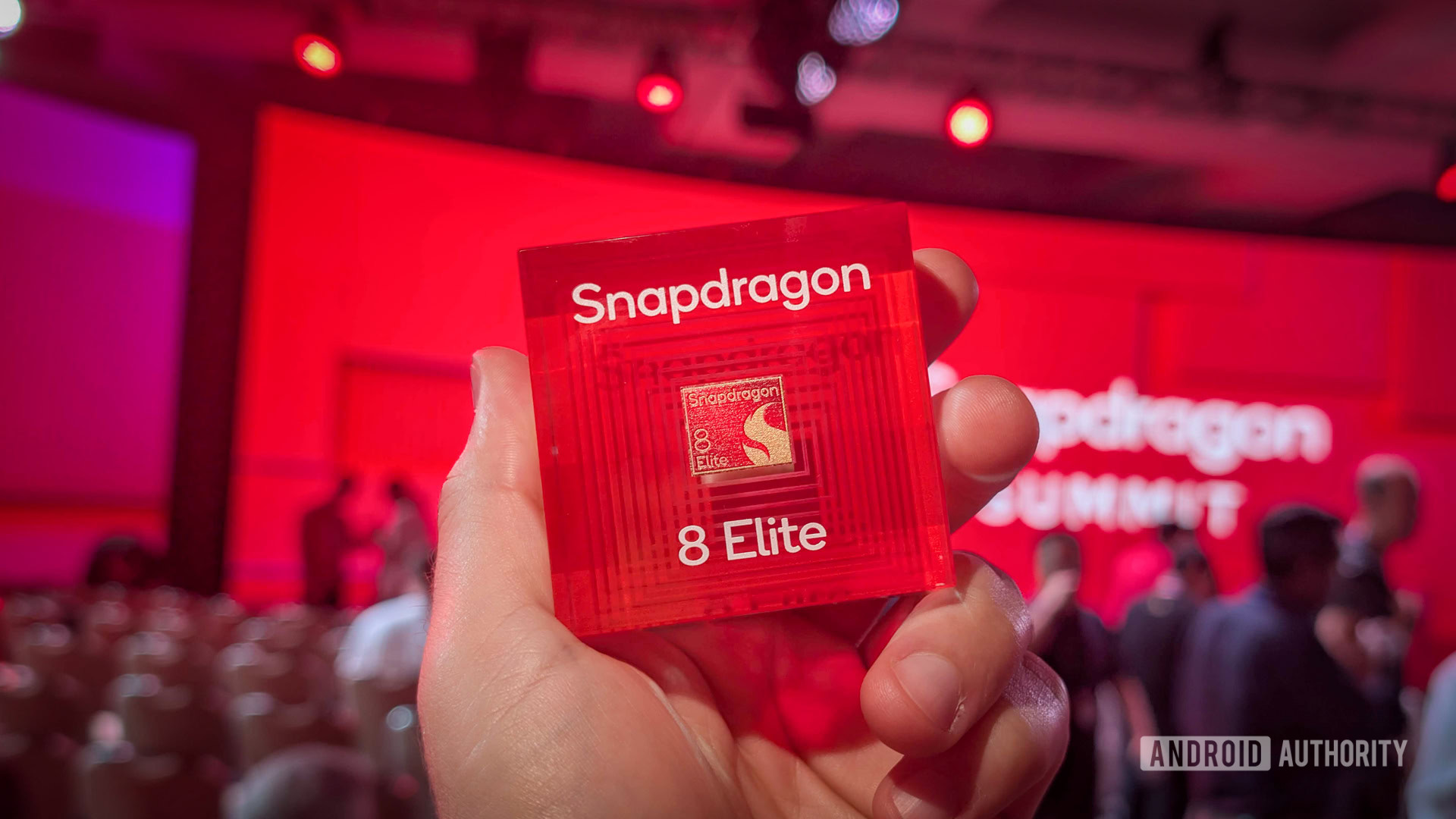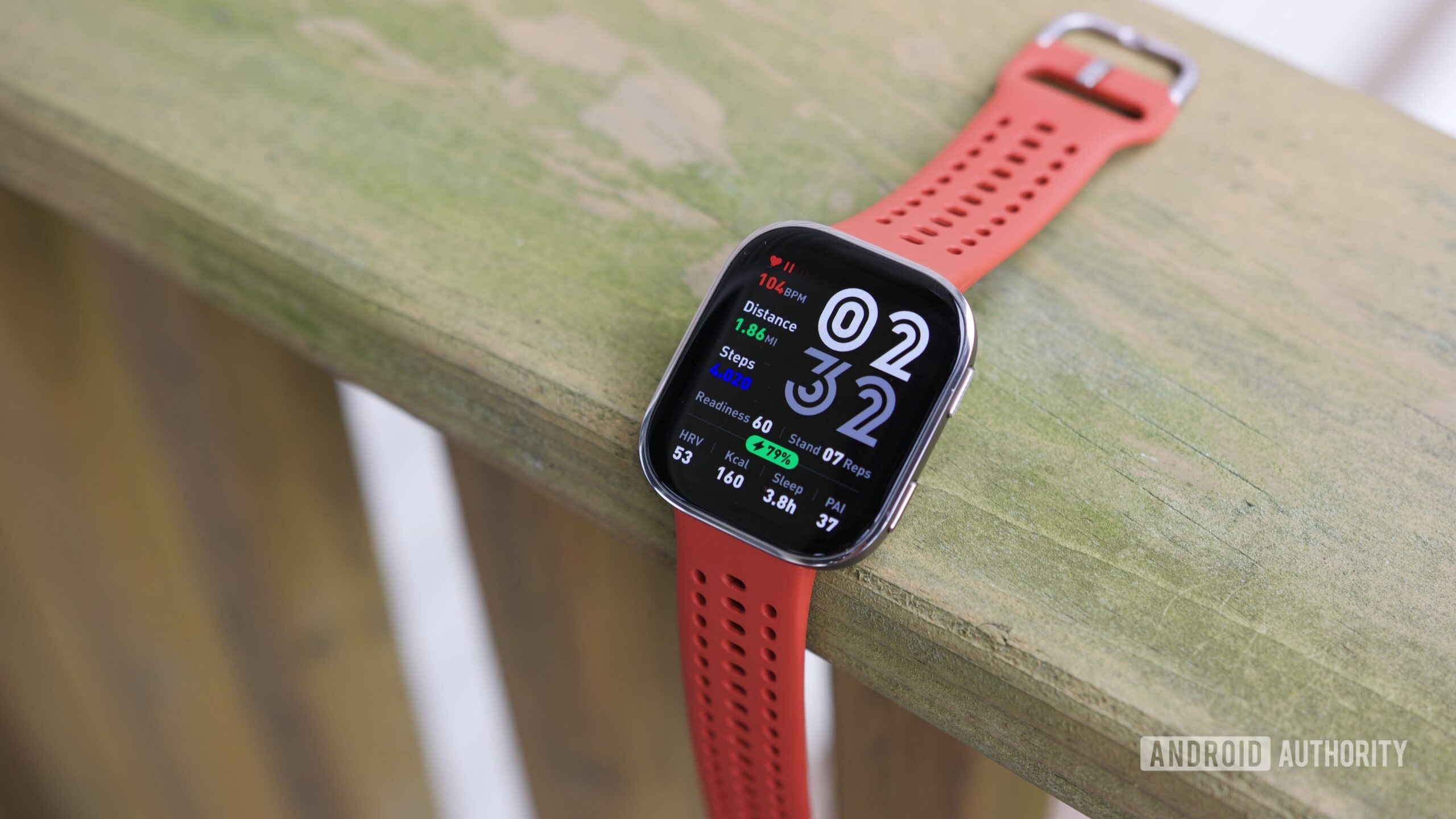Are Night Guard Splints Effective for All Types of Bruxism?

Bruxism, the habitual grinding or clenching of teeth, affects millions of individuals globally and presents itself in different forms, including sleep bruxism and awake bruxism. As dental technology evolves, more people are turning to custom-fitted devices to protect their teeth and alleviate discomfort. For those exploring advanced dental care options, a Night Guard Splint in Dubai offers a non-invasive and highly effective approach for managing bruxism symptoms. But a crucial question remains: are these splints effective for all types of bruxism?
Understanding the Different Types of Bruxism
To assess the effectiveness of night guard splints, it's essential to differentiate between the two main types of bruxism. Sleep bruxism typically occurs during the night and is considered a sleep-related movement disorder. People with this type are often unaware of their condition until symptoms like morning headaches or jaw pain arise. Awake bruxism, on the other hand, is usually a stress-related behavior that occurs during the day and involves conscious or semi-conscious clenching of the jaw.
While both forms of bruxism can lead to similar complications—such as tooth wear, fractures, and temporomandibular joint disorders—their triggers and treatment strategies may vary. This distinction plays a critical role in determining the suitability and effectiveness of night guard splints for each case.
How Night Guard Splints Work
A night guard splint is a custom-made oral appliance typically worn over the upper or lower teeth while sleeping. Its primary function is to act as a protective barrier between the upper and lower jaws, thereby reducing the damage caused by grinding. In cases of clenching, the splint helps redistribute bite forces more evenly and may promote muscle relaxation by slightly altering jaw positioning.
For sleep bruxism, these splints are particularly effective because they passively protect teeth from grinding forces that would otherwise cause enamel erosion and fracture. In addition, many users report improved sleep quality due to the reduction in nocturnal jaw activity. Clinics offering a Night Guard Splint in Dubai often use digital impressions and high-grade materials to ensure a perfect fit, which enhances both comfort and efficacy.
Effectiveness for Sleep Bruxism
Night guard splints are widely regarded as the gold standard for managing sleep bruxism. Their effectiveness is supported by numerous clinical studies that show a reduction in symptoms such as jaw pain, headaches, and dental wear. Patients with moderate to severe sleep bruxism benefit most from custom-made splints, which outperform over-the-counter versions in durability, comfort, and long-term protection.
Because sleep bruxism occurs involuntarily, intervention needs to be both passive and preventative. The splint doesn’t stop the brain from initiating grinding behavior, but it significantly reduces the physical consequences by absorbing and distributing the force. In some cases, the presence of the device itself may reduce the severity of episodes by interrupting habitual motor patterns.
Effectiveness for Awake Bruxism
Awake bruxism is less responsive to night guard splints because the condition is rooted in conscious behavior during waking hours. Since individuals are awake and often aware of their jaw tension or clenching, behavioral therapy, stress management, and mindfulness exercises are usually more effective first-line treatments.
That said, in severe cases of awake bruxism that extend into sleep or when patients are unaware of the frequency of their clenching, night guard splints can still offer supplementary protection. Some individuals wear thin, low-profile splints during the day to protect against unconscious clenching during work or high-stress situations. However, full coverage night guards are not typically worn around the clock due to potential speech or aesthetic concerns.
When a Night Guard May Not Be Enough
While night guard splints are highly effective for most people with bruxism, they are not a cure. In cases where the underlying cause is related to psychological stress, medication, or neurological conditions, additional treatments may be necessary. Furthermore, splints may not address associated issues such as poor sleep hygiene, breathing disorders, or poorly aligned bites.
In these situations, a multidisciplinary approach may be required. This could include consultations with a neurologist, therapist, or sleep specialist. For patients in search of comprehensive solutions, clinics that provide a Night Guard Splint in Dubai often collaborate with specialists across disciplines to address the root causes and tailor a personalized treatment plan.
Alternatives and Complementary Treatments
While night guard splints are an essential part of managing bruxism, they are even more effective when used in conjunction with other interventions. Complementary treatments include:
-
Cognitive-behavioral therapy (CBT) for stress reduction
-
Biofeedback to make patients aware of muscle tension
-
Physical therapy to relieve muscular pain and improve jaw alignment
-
Botox injections to temporarily weaken overactive jaw muscles
-
Occlusal adjustments to correct bite imbalances
Combining a night guard with behavioral or medical treatments can provide holistic relief and improve long-term outcomes. Patients who commit to a broader care strategy often report faster and more lasting symptom relief.
Customization and Comfort are Key
One of the primary reasons patients abandon their splints is discomfort. Over-the-counter night guards are bulky, generic, and often fail to stay in place. Custom splints, on the other hand, are made based on detailed impressions or 3D scans of the patient’s bite. Clinics specializing in Night Guard Splint in Dubai utilize state-of-the-art imaging technology to ensure that each appliance offers maximum comfort, fit, and function.
The customization process also allows for adjustments in thickness, flexibility, and coverage depending on the severity and type of bruxism. These variables can be fine-tuned to enhance patient compliance and ensure that the device is worn consistently.
Final Thoughts
Night guard splints are highly effective for managing sleep bruxism and can also play a supportive role in treating awake bruxism, especially when part of a broader, integrative treatment plan. Their primary strength lies in protecting the teeth and jaw from damage caused by involuntary grinding, particularly during the night when conscious control is absent. However, effectiveness hinges on accurate diagnosis, customization, and consistent use. For those seeking advanced dental solutions, a Night Guard Splint in Dubai provides access to high-quality, personalized care that supports both short-term relief and long-term oral health.
What's Your Reaction?
 Like
0
Like
0
 Dislike
0
Dislike
0
 Love
0
Love
0
 Funny
0
Funny
0
 Angry
0
Angry
0
 Sad
0
Sad
0
 Wow
0
Wow
0

















































